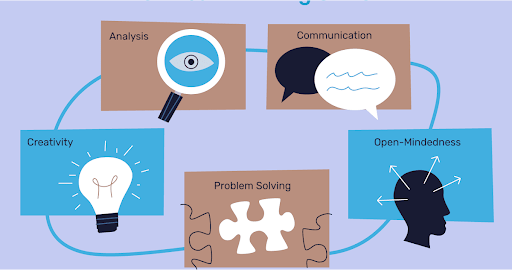Several years ago, Janet was asked this question:
"The majority of developers don't like testing and quite a few business analysts (BAs) don't like it either. It is considered a low-level task. Any comments? Thoughts?"
We are revisited that question since we’ve heard it again lately. Here are our thoughts:
In the days of old, and not so very long ago, that statement was true in many organizations. Testing was a considered a task than anyone could do. Give a person a script to follow and check off the statements that are correct and enter a bug for any one that is not correct – it must be broken.
We still run across a few companies that work that way, but not as many. We also realize that some countries, cities, organizations and even teams … are slower to adopt new technologies than others. We have been spreading the concept of the whole team approach to quality and testing for over twenty years, and most people realize that testing is not sitting with a script following along line by line. These days, the change is faster than ever.
A wide range of skills
Testing is skill that needs to be learned. Testing requires creative thinking and problem-solving skills. Testing requires knowledge and deep understanding of the whole system to identify impacts of new features. Testing requires the ability to identify and assess risk. Testing requires abstract thinking to ask questions early that will affect the design and testability. Testing requires experience to apply appropriate heuristics to look for faults. Testing requires understanding of regulatory standards that apply to the product.

In addition, testers need some knowledge of programming to help determine at what level to automate tests, and what would be better accomplished as human-centric exploratory tests. They need to be able to communicate and give feedback to all stakeholders, including programmers whose code they are testing. They need to be proactive and helpful and positive when giving feedback, even when the feedback is negative in nature. The need to understand the strengths and weaknesses of AI, and when to use it or test it.
In conclusion: testing is NOT a low-level task. A good tester is worth every penny they earn. In many teams, testers get paid more than programmers, because a good tester is hard to find. These days, many testing and quality professionals are adopting job titles such as Quality Engineer and Quality Coach which encompass the skills and activities we've touched on here.
Taking on new challenges
Every week, we read more books and articles written on testing, because technology is ever changing and testers need to keep up. There are so many specific niches in the testing world that I don’t think teters could ever get bored. Security, performance, observability, artificial intelligence (AI), machine learning (ML), Internet of things (IoT), data science etc.
Not all testers have university degrees in Computer Science, but many do. Some have degrees in Liberal arts, Social Sciences, Mathematics, Physics or Animal Husbandry. Some testers take a tester certification exam to ‘prove’ they have the knowledge because that is the only way a company will believe them. Others have a programming background and moved to testing because it is more fun for them - both of us come from that background.
You can tell we are passionate about this subject. Testing is an activity, and yes – anyone can learn, but people who test are often testers in every part of their life.